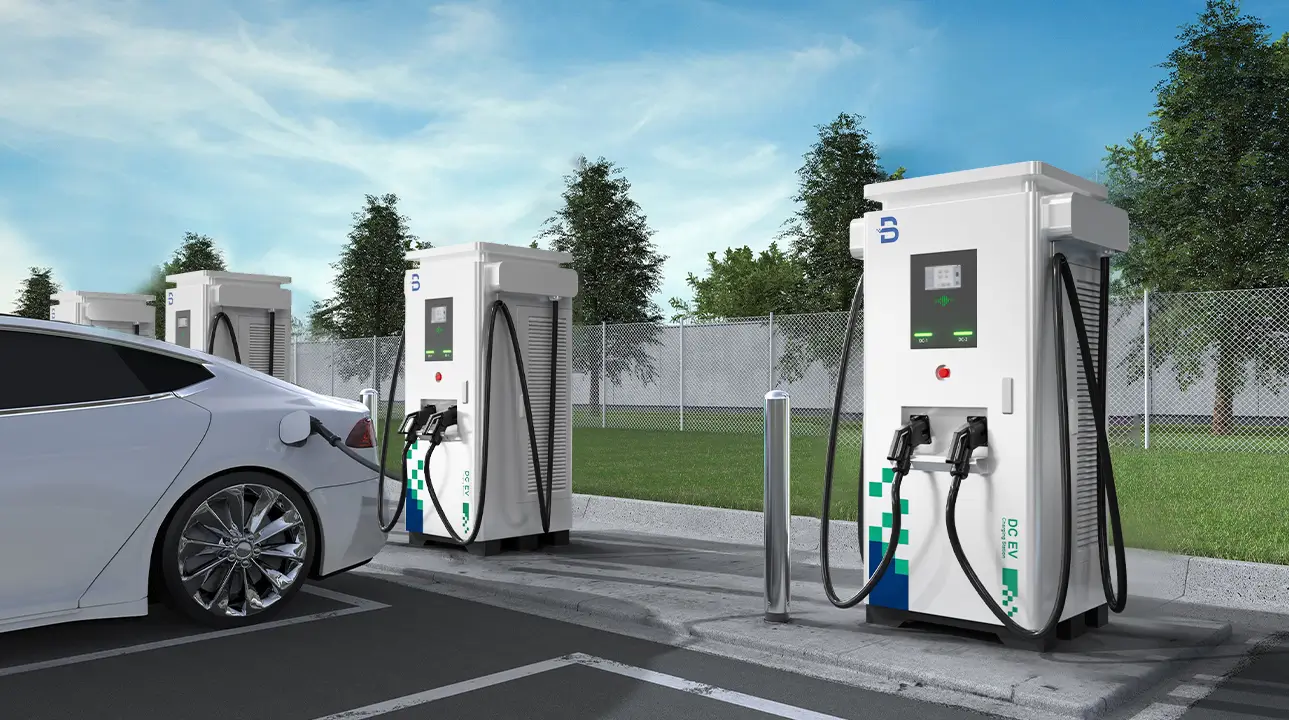
Between Hemmels‘ vaguely Teutonic-sounding name and obsession with Mercedes-Benz classics, you’d be forgiven for assuming the automotive restoration outfit was based somewhere along the Rhine. Instead, a trip to the town of Cardiff in Wales is required to visit Hemmels’ pristine workshops, where typically on display are four specific Merc models in various states of undress.
Since 2016, Hemmels has had only one goal in mind, to do ground-up rebuilds of vintage Mercedes 300 SL Gullwings and Roadsters, 190SLs, and 280SLs—the latter best known as “Pagodas” for their squared-off roofs. The word “restoration” doesn’t do Hemmels’ work justice. The company, in fact, trademarked its process with the name Neugeboren, or “new born” in German, a nod to the fact that Hemmels believes customers should view the result of each 12-month project as a new car, one-year warranty included.
More from Robb Report
With 50 examples of such vehicles already completed, Hemmels has now decided to expand its Mercedes-focused mission to include environmental sustainability. The company is taking orders on the first batch of a dozen electrified 280SL Pagodas, each of which will visually look identical to the storied two-door convertible runabout, but be powered by British-supplied batteries and electric motors capable of a 200-mile range and roughly the same 160 hp made by the original car’s inline-six engine. For $295,000, you get to choose your own paint and leather color scheme, and suggest any manner of other tweaks the Hemmels team is capable of providing.
The idea of electrifying what has fast become a collectible Mercedes came from looking at the inevitable changes coming to the automotive world, according to Iain Wood, Hemmels head of operations and project lead on the Pagoda conversion, which the company has dubbed the 2809SL.
“For the other cars we offer, many of our clients grew up emotionally attracted to them, maybe their parents had one or they saw them as kids on the street,” says Wood. “But with the electrified 280SL, we are aiming for a car that perhaps will appeal to a younger generation who may not know the car. Instead, they like the look but are also concerned about sustainability.”
Wood says a quick trip to the posh streets of London alone provides justification for the 280SL EV project, the growing number of electric cars seen on the road of the capital due, in part, to increasingly strict rules that include making some roads ultra-low emissions zones. “The way we see it, you have two movements going on,” notes Wood. “One is all the coming government regulations that will push electric vehicles forward, and the other is simply the enduring appreciation of cars that have a timeless allure. So the writing is on the wall.”
The Pagoda model, whose production life spanned 1963 to 1971, possesses a simplicity of design that is both iconic and lasting, a bit like that of an Eichler mid-century modern home. Designed by legendary automotive draftsmen Paul Bracq and Bela Barenyi, the car was a radical departure from the rounded Mercedes shapes that preceded it. Elegantly squared-off panels were topped by a removable roof that seemed to float, and whose gently concave shape gave rise to the car’s Asian-inspired nickname. While the SLs that followed the 280 were larger and more powerful, the 280 has, in the last decade, seen a new appreciation from collectors recognizing the sophisticated design statement that makes up for the car’s less than sporting nature.
“This car is about going zero to 60 mph as slowly as possible, so everyone can see you in it,” says Wood with a laugh. In fact, he notes that Hemmels engineers spent considerable time “dialing back the torque” that is normally associated with electric-car performance, wherein off-the-line acceleration is often akin to being aboard a jet launching off an aircraft carrier. “We needed to make sure people wouldn’t rip the differential off the car at a stoplight,” he says. “We think we got it just right.”
Hemmels’ biggest sales pitch is the same to buyers looking for conventional engines or electric motors, and is all about the joy of owning something classic that feels brand new. “Our clients don’t have to worry about how many miles the original car had, or its ownership pedigree or anything like that,” he says. “We’re going to start again—we take it all back to bare metal, every component is better than new. Whatever the car was before, it is yours now.”
Best of Robb Report
Sign up for Robb Report’s Newsletter. For the latest news, follow us on Facebook, Twitter, and Instagram.





More Stories
Moon | Cartype
Rivian, Mercedes-Benz Joint Venture Paused
We Blew Up Our $5000 Drag Car ~ Can We Getting Fixed In Time? – Humble Mechanic